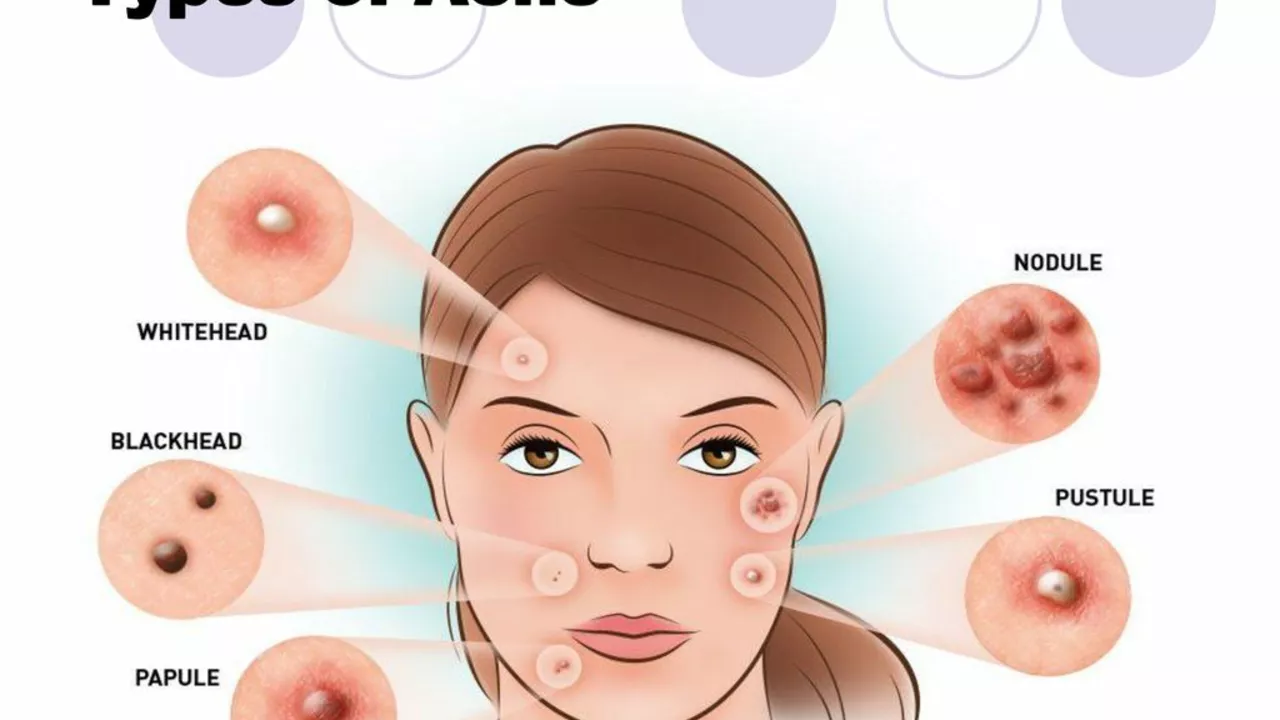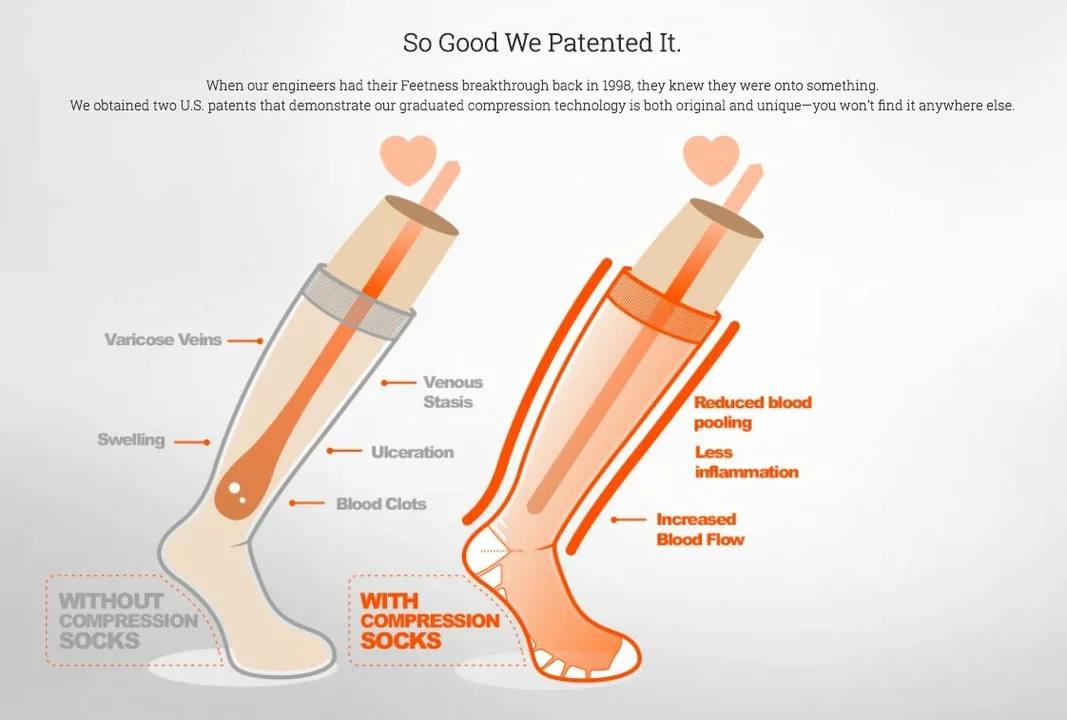Exercise: Your Go‑To Hub for Fitness Tips, Safe Medication Use & Health Hacks
If you’re scrolling through 90DayMeds looking for solid advice on staying active, you’ve landed in the right spot. The Exercise tag gathers articles that blend workout wisdom with clear medication info – because a good routine matters only when it’s safe and effective.
Quick Wins: Simple Moves That Fit Any Schedule
First things first: you don’t need a gym membership to see results. A 10‑minute walk, a set of bodyweight squats, or a quick stretch routine can boost circulation and mood. The key is consistency – aim for at least three sessions a week and treat them like any other appointment.
When you add resistance, even light dumbbells or water bottles work wonders. Start with 2 sets of 12 reps for each major muscle group, then increase weight or reps as you feel stronger. Remember to warm up for five minutes – a brisk walk or marching in place gets your joints ready and cuts injury risk.
Medication Matters: How Drugs Interact With Your Workouts
Exercise is great, but certain meds can change how you feel during a session. For instance, beta‑blockers like atenolol may lower heart rate, making intense cardio feel harder. If you’re on such medication, keep your pace moderate and monitor any dizziness.
On the flip side, some supplements – think vitamin D or omega‑3s – can actually support muscle recovery and joint health. Our guide on buying Vitamin D online in the UK explains what dosage works best for active adults.
If you’re using prescription painkillers like ibuprofen, stick to recommended doses and avoid stacking them with other NSAIDs. Overuse can irritate your stomach and slow down healing after a tough workout.
Always chat with a pharmacist or doctor before mixing new supplements with existing prescriptions. A quick check can save you from nasty side effects that ruin both your training and daily life.
Beyond safety, the articles under this tag help you pick the right products. Want to know if serrapeptase actually eases post‑workout soreness? Our Serrapeptase review breaks down the science in plain language so you can decide if it’s worth trying.
Looking for natural antihistamines that won’t make you drowsy during a run? The piece on quercetin and butterbur gives dosage tips and explains how they might keep allergy symptoms at bay while you’re outdoors.
Finally, remember that rest is part of any fitness plan. Quality sleep, proper hydration, and balanced meals (including enough protein) are just as crucial as the reps you log.
This tag collects everything from buying safe online pharmacies to understanding drug interactions with exercise. Use it as a toolbox: pick the article that matches your current need, apply the advice, and keep moving forward.
Got a specific question about a medication or a workout move? Dive into the posts listed below – each one is written for everyday people who want clear, actionable info without the jargon.

The Impact of Exercise on Nodular Acne: What You Need to Know
Hey guys, guess what? I've discovered a fascinating connection between exercise and nodular acne. It turns out breaking a sweat can actually help us combat those pesky skin invaders. Yes, you heard it right. Regular exercise boosts our blood circulation which helps to flush out toxins, including those that clog our pores triggering acne. So, let's lace up those sneakers and embrace an active lifestyle not just for a toned body but also for a clearer complexion. Who knew the road to a flawless face could be a jog in the park?
August 1 2023
How to Reduce Fluid Retention Through Exercise
As a fitness enthusiast, I've noticed how exercise plays a crucial role in reducing fluid retention in our bodies. By engaging in regular physical activity, we can improve our circulation, allowing trapped fluids to move more freely. Cardiovascular exercises like swimming, walking, or cycling are especially helpful in combating water retention. Additionally, yoga and stretching exercises help release the tension in our muscles and reduce inflammation. Incorporating these exercises into our daily routine can lead to a noticeable reduction in fluid retention and a healthier lifestyle overall.
May 6 2023